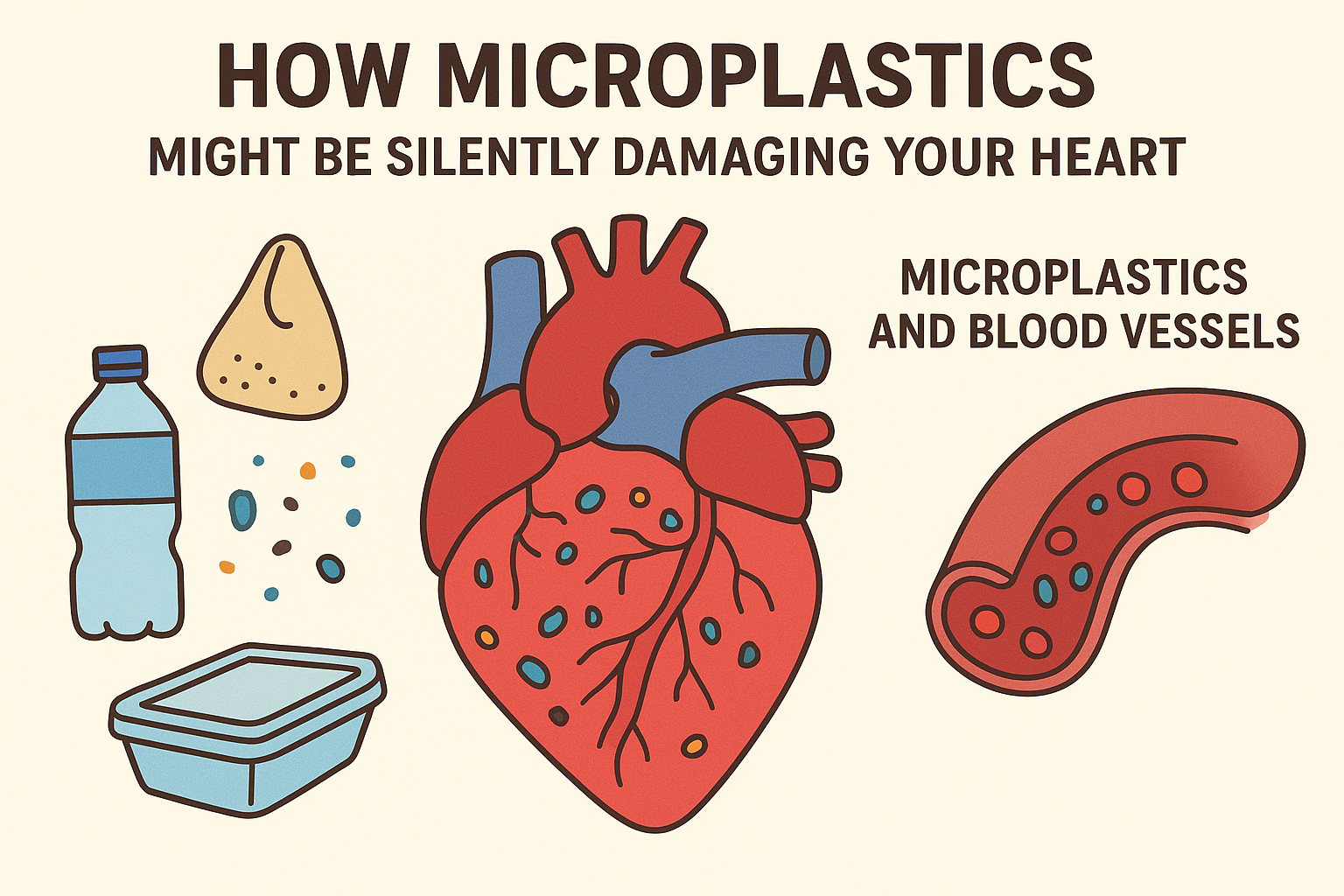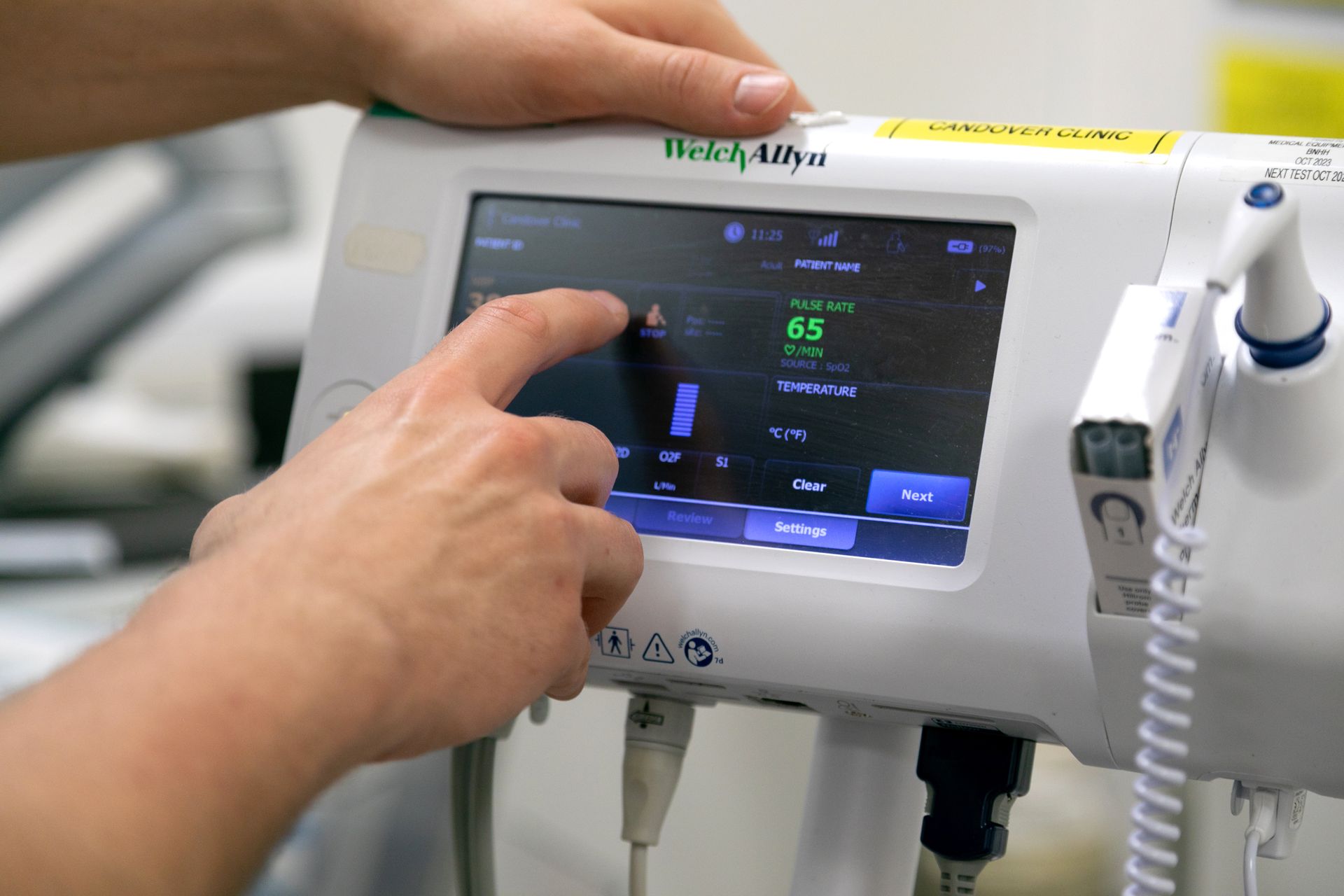Hypertension (High Blood Pressure) in Young People
Are Young People also at risk of developing High Blood Pressure?
- According to this Health Survey for England (link below), around 170 000 people between the age of 16 and 24 have elevated Blood Pressure.
- This data suggested that 7% of male individuals and 4% of female population, in this age group, have increased Blood Pressure levels.
- In addition to this majority of men (66%) and nearly a quarter of women (26%) are not aware of their condition.
- Factors that influence blood pressure include: alcohol, lack of activity, smoking, increased BMI and poor diet.
- High blood pressure/hypertension is a major risk of heart attacks and strokes.
- According to NICE guidelines: If blood pressure during clinical consultation is between 140/90 mmHg and 180/120 mmHg, patients should be offered ambulatory blood pressure monitoring (ABPM) to confirm the diagnosis of hypertension. Hypertension should be confirmed in patients with clinic blood pressure of 140/90 mmHg or higher and ABPM daytime average of 135/85 mmHg or higher.
This data was recently reported by the BBC News Health.
https://www.bbc.co.uk/news/health-65410018
https://digital.nhs.uk/data-and-information/areas-of-interest/public-health/health-survey-for-england---health-social-care-and-lifestyles#participants
Hypertension
Introduction
Hypertension, also known as high blood pressure, is a prevalent health condition affecting millions of people worldwide. Below is a comprehensive overview of hypertension, including its definition, risk factors, complications, and strategies for prevention and treatment.
I. Understanding Hypertension
Hypertension is a chronic medical condition characterized by consistently high blood pressure levels. Blood pressure is the force exerted by blood against the walls of arteries as the heart pumps it through the body. It is measured using two values: systolic pressure (the pressure when the heart contracts) and diastolic pressure (the pressure when the heart is at rest). Normal blood pressure is typically defined as 120/80 mmHg. Although NICE guidelines suggest that values for a clinic blood pressure of 140/90 mmHg, the corresponding ambulatory blood pressure monitoring average or home blood pressure monitoring average blood pressure is 135/85 mmHg.
II. Risk Factors for Hypertension
While the exact cause of hypertension is often unknown, several risk factors contribute to its development. These include age, family history, obesity, sedentary lifestyle, excessive sodium intake, excessive alcohol consumption, smoking, stress, and certain underlying medical conditions such as diabetes and kidney disease. Understanding these risk factors can help
individuals make informed lifestyle choices to reduce the likelihood of developing hypertension.
III. The Impact of Hypertension
Untreated or uncontrolled hypertension can lead to severe complications that affect multiple organ systems. Chronic high blood pressure puts a strain on the heart, leading to an increased risk of heart disease, heart attacks, and heart failure. It can also damage blood vessels, leading to the development of atherosclerosis, stroke, kidney disease, and vision problems. Moreover, hypertension is associated with an increased risk of cognitive decline and dementia in later life.
IV. Prevention and Lifestyle Modifications
Preventing hypertension and maintaining healthy blood pressure levels can be achieved through lifestyle modifications. A well-balanced diet can help control blood pressure. Limiting sodium intake, reducing alcohol consumption, quitting smoking, and engaging in regular physical activity are also essential in preventing hypertension. Additionally, stress management techniques and maintaining a healthy weight play a significant role in reducing the risk of high blood pressure.
V. Pharmacological Treatment Options
In cases where lifestyle modifications alone are not sufficient, medication to manage hypertension may have to be prescribed. These medications work by reducing blood volume, relaxing blood vessels, or interfering with the hormones that regulate blood pressure. Commonly prescribed medications include diuretics, beta-blockers, ACE inhibitors, calcium channel blockers, and
angiotensin receptor blockers.
VI. The Importance of Regular Monitoring and Follow-up
Hypertension is a chronic condition that requires ongoing monitoring and follow-up care. Regular blood pressure checks are crucial to assess the effectiveness of treatment and make necessary adjustments.
Conclusion
Hypertension is a prevalent health condition with potentially severe consequences if left uncontrolled. By understanding the risk factors, implementing lifestyle modifications, and seeking appropriate medical care, individuals can effectively manage hypertension and reduce the risk of
complications. Maintaining a healthy lifestyle, monitoring blood pressure regularly, and adhering to prescribed treatments are key to keeping hypertension under control. By prioritizing preventive measures and proper management, individuals can lead healthier lives and significantly reduce the
burden of hypertension on both personal and public health.
At Winchester&Basingstoke Cardiology we offer 24hrs Ambulatory Blood Pressure Monitoring at a private hospital in Winchester (Sarum Road Hospital Winchester) and private hospital in Basingstoke (Candover Clinic). Cardiology specialist in Winchester UK will be able to see private patients in a timely fashion. Patients are also very welcome to see a private cardiologist and have private treatment at our Basingstoke site in Candover clinic.











